The Sri Lankan Woman
Saving the World from Climate Change
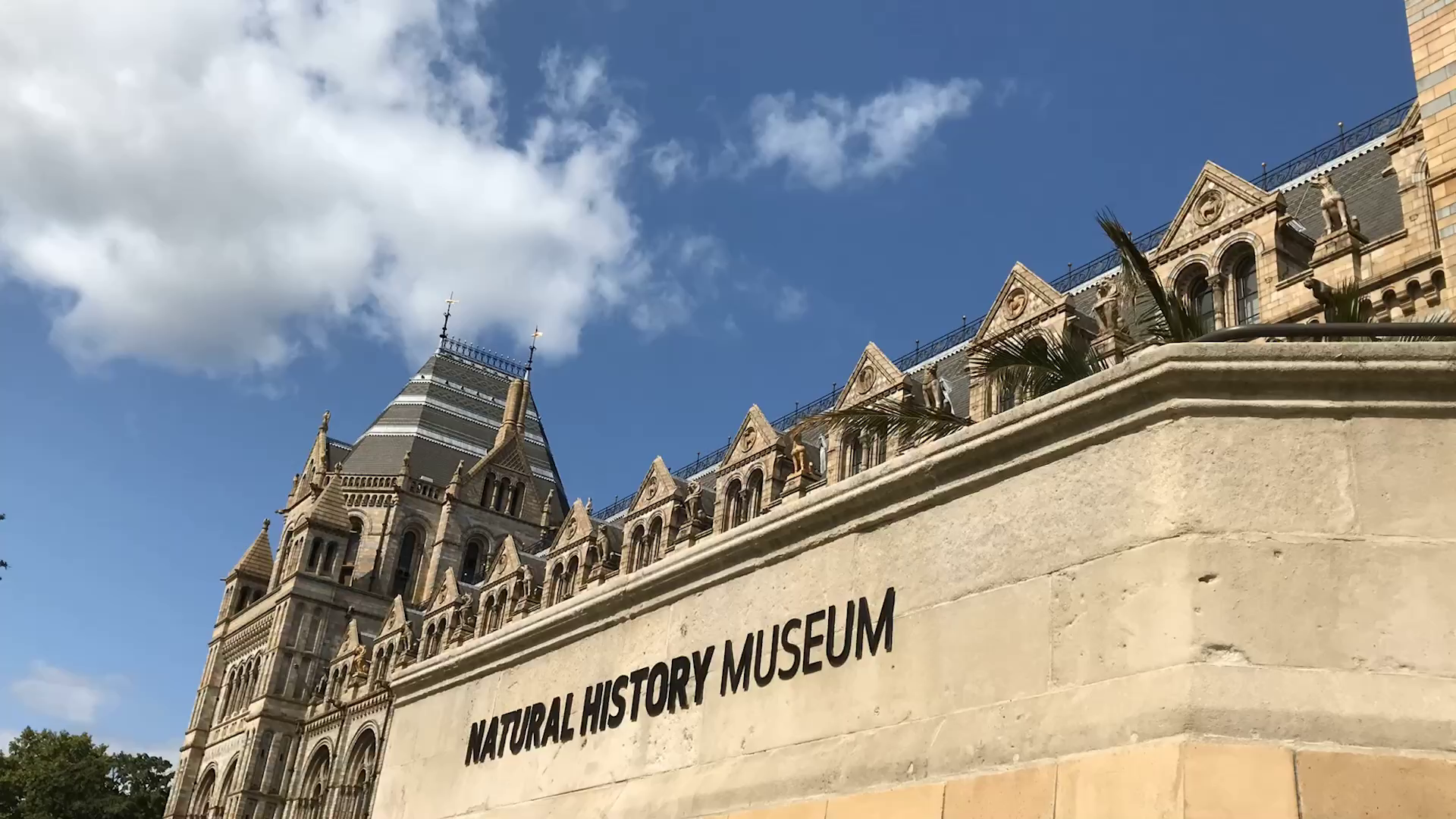
Climate change is a daunting challenge faced by the earth. This affects the overall existence of the earth.Hence, everyone in the world should act to save the world from climatic change. Dr Gothamie Weerakoon is one such individual engaged in a global service to save the people in this world from climatic changes by carrying out research in this field. She is a Senior Curator – Lichens & Slime Moulds, Fungi and Plants Division of the Life Sciences Department of the Natural History Museum in London. Her research on lichens enables her to identify the current situation on climatic change. Her findings on this subject enable scientists to know the ongoing climate change patterns and their intensity and take necessary actions.
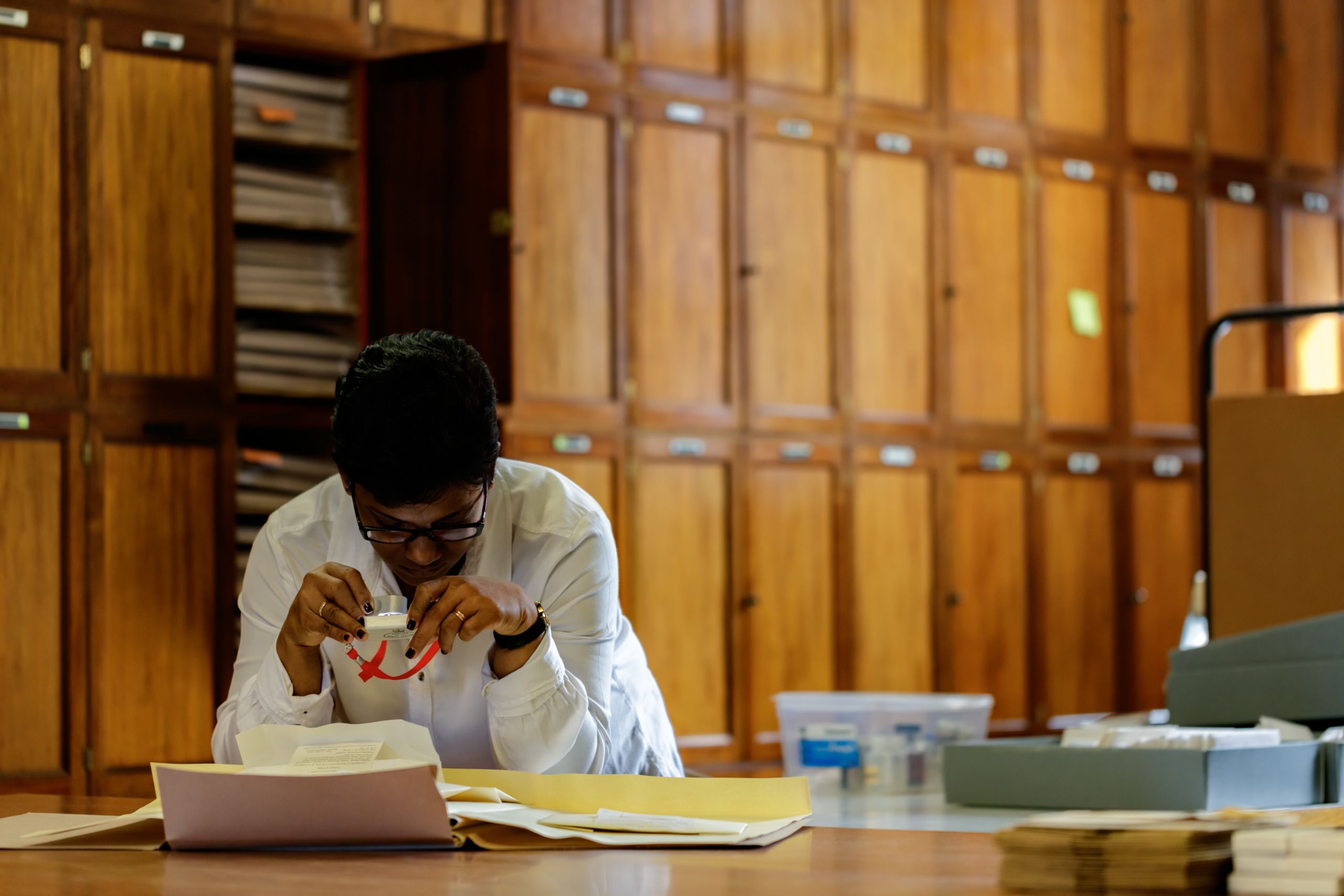
Dr. Gothamie who is engaged in a global service for the future existence of the world is an exceptional professional, and a strong, influential woman. She is an extraordinary woman who has emerged victorious after facing the cultural and social challenges against women within a South Asian country like Sri Lanka.
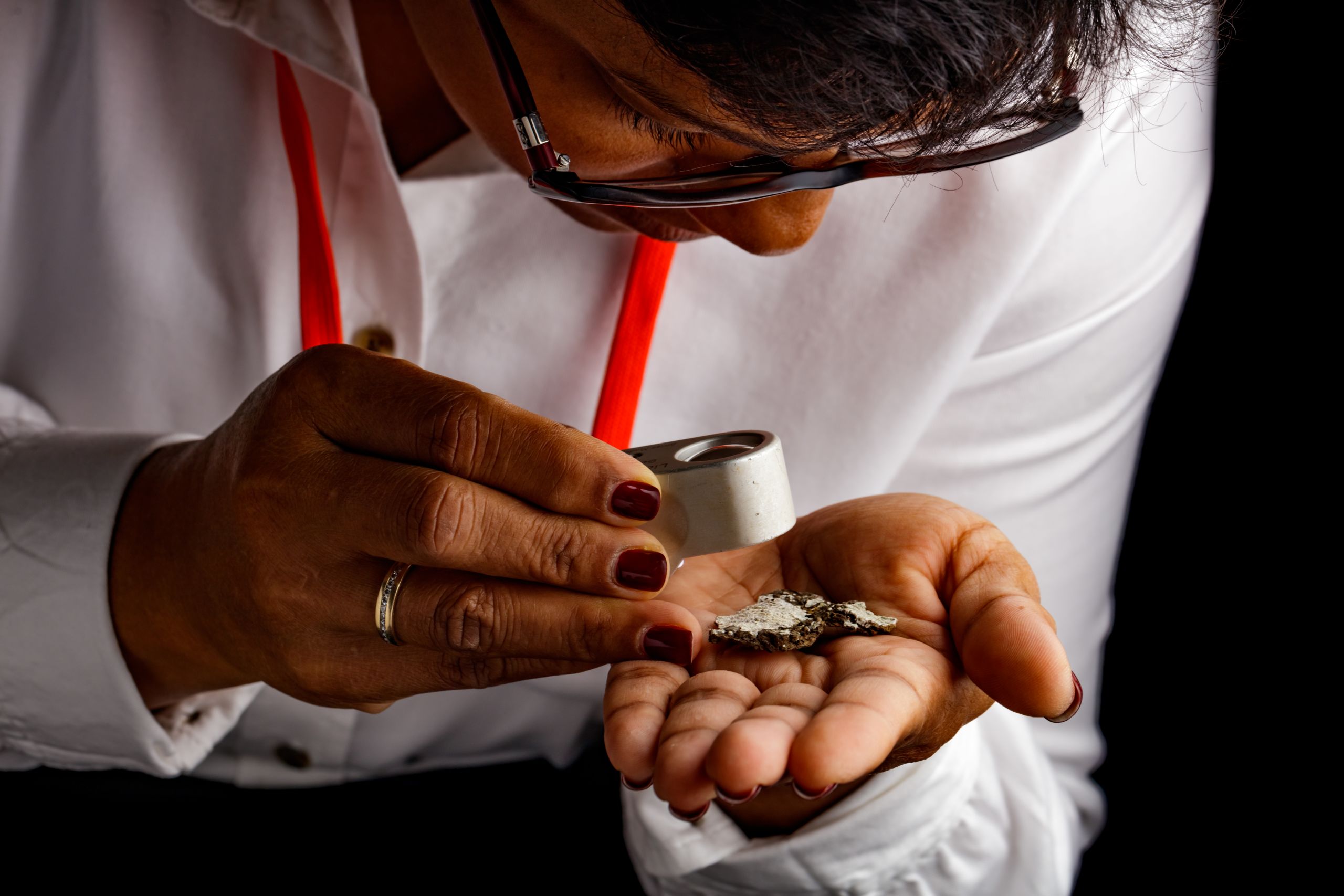
SRI LANKAN WOMEN, YES YOU CAN!
Dr. Gothamie Tennakoon is an exceptional woman. Her profession is as the Senior Curator – Lichens and Slime Moulds, Fungi and Plants Division of the Life Sciences Department of the Natural History Museum in London.
The Natural History Museum of London is an entity which renders a huge global service on behalf of the natural environment while conserving several world heritages.
The Natural History Museum of London is a museum that exhibits a vast range of specimens
from various segments of natural history. The museum is home to life and earth science specimens comprising some 80 million items with five major collections – botany, entomology, mineralogy, paleontology and zoology. The museum is a centre of research specialising in
taxonomy, identification and conservation. Given the age of the institution, many of the collections have great historical as well as scientific value, such as specimens collected by English naturalist, geologist and biologist Charles Darwin.
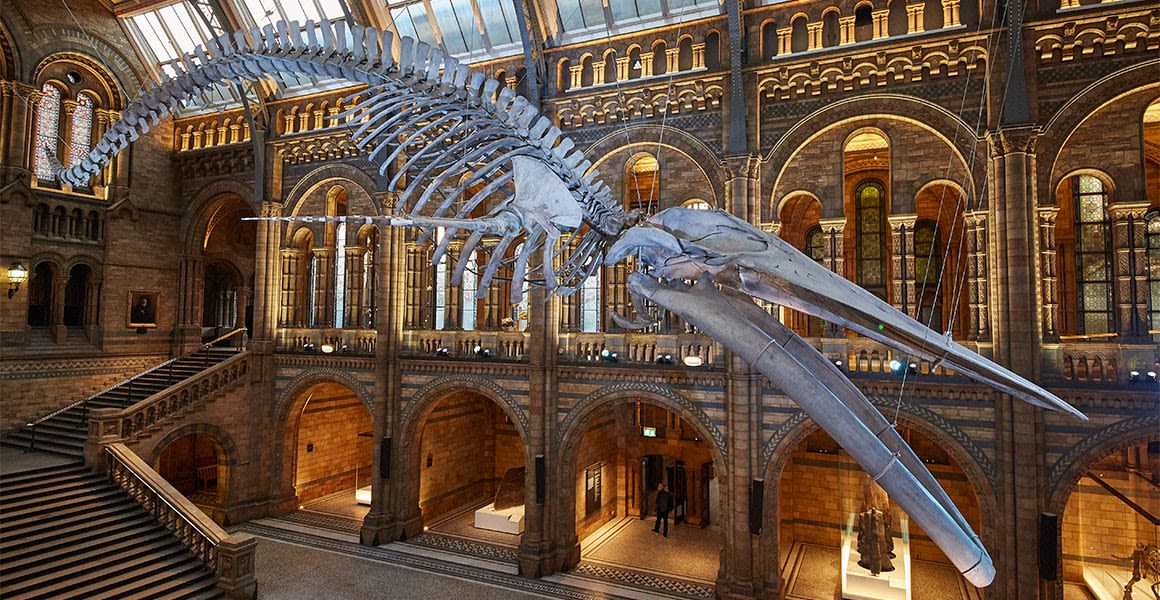
Dr. Gothamie Tennakoon could be identified as a global professional committed to the safety of this planet. She specialises in Lichens which are an indicator of the existence of the natural life system of the world.
“My research interests are focused on the taxonomy and ecology of tropical lichens, bioindication and conservation of lichenised fungi in endangered habitats, she says. "My main responsibility as the Senior Curator of British, general and historical herbaria is to manage and develop one of the world’s largest lichen collections."
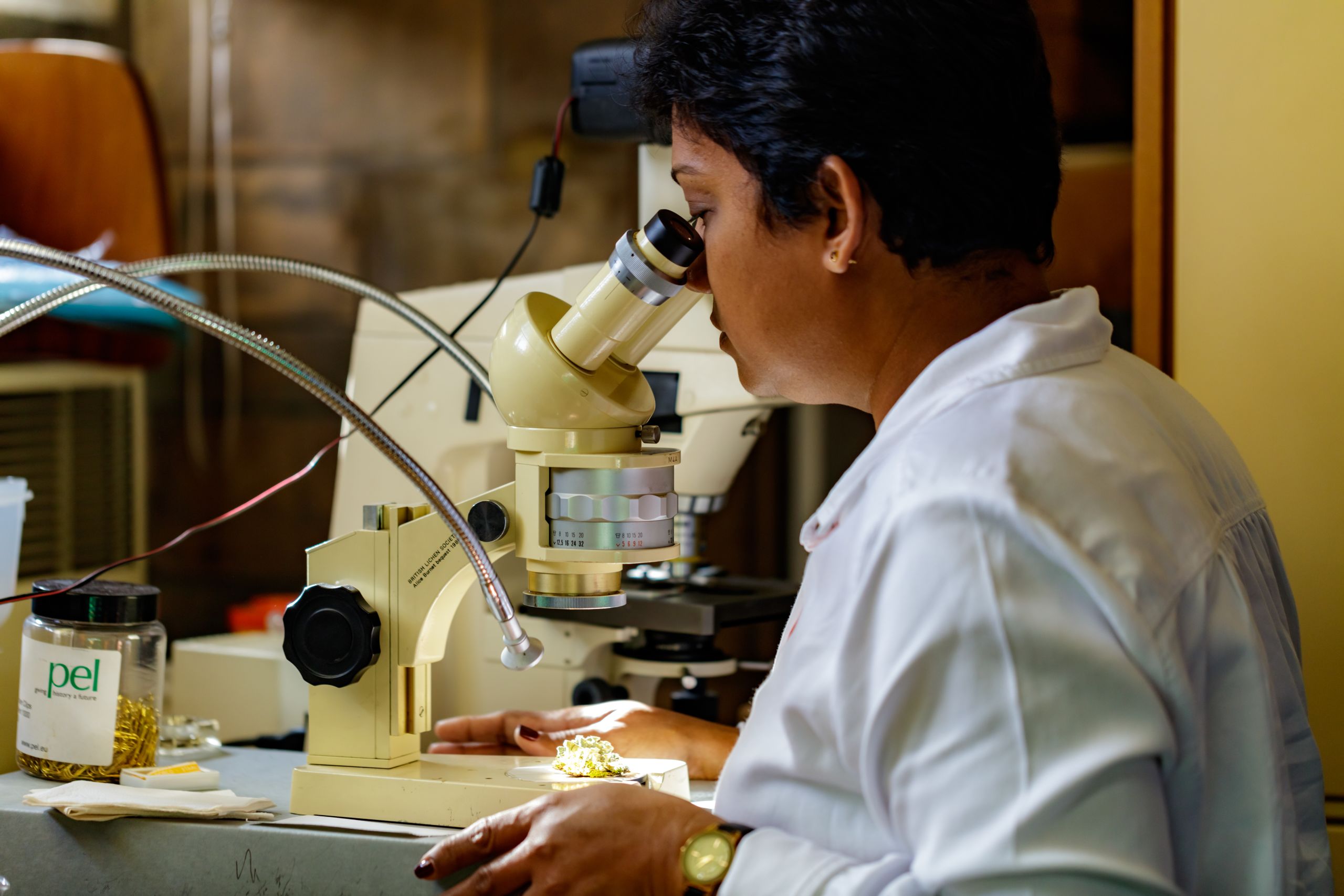
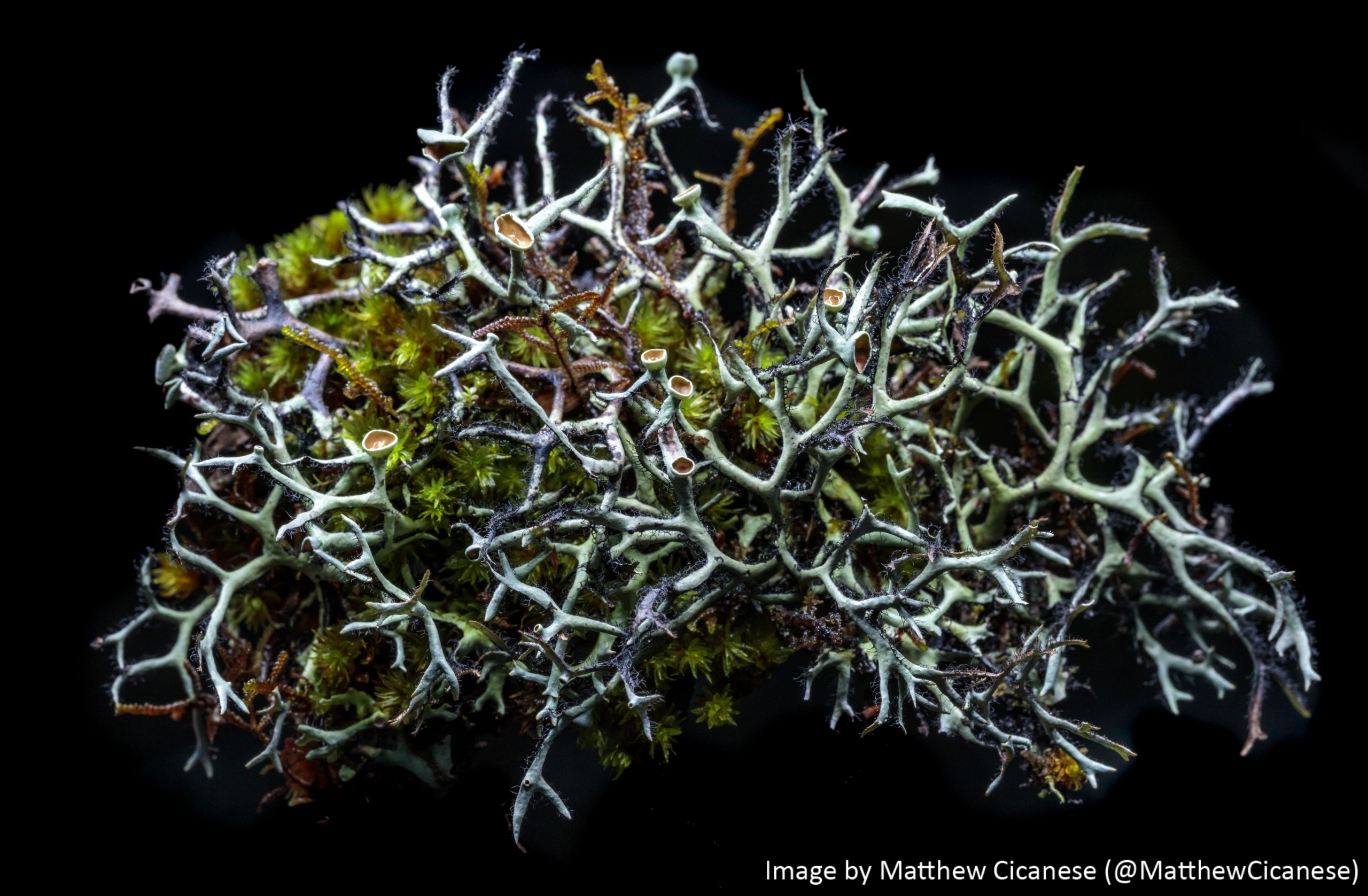
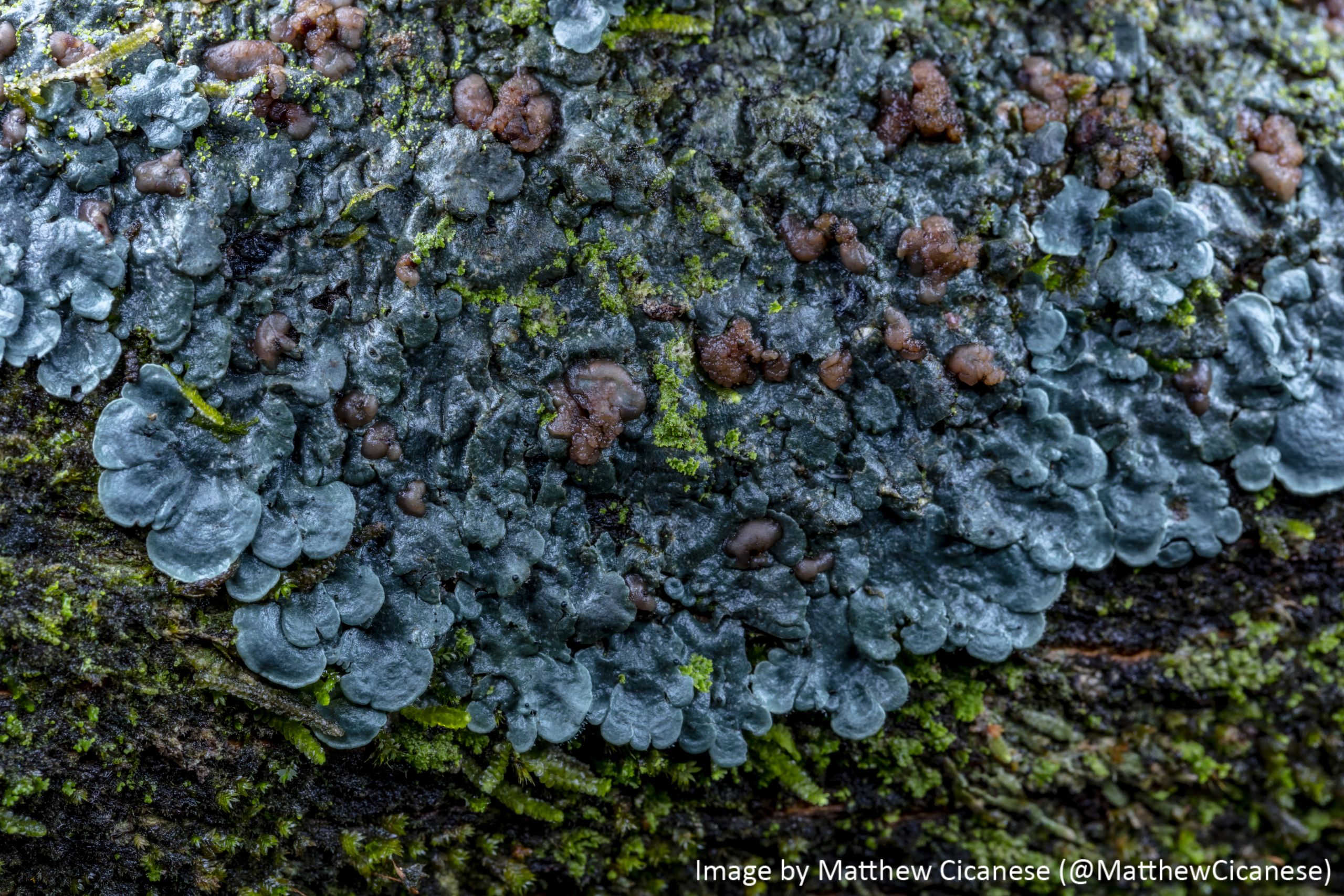
She is unique since she is the first Asian female to have reached this position in the Natural History Museum. She was born in the South Asian country – the island of Sri Lanka.
She received her education up to her Phd degree in Sri Lanka.
Her journey up to now from a South Asian country like Sri Lanka, where narrow and age-old attitudes on women still persist, is unique.

According to the 2018 report of the Central Bank of Sri Lanka, the household population of Sri Lanka is 16.2 million. Among them, 8.9 million are economically active. The participation of the 73 per cent male labour force is 5.46 million. However, the participation of the female labour force is 34 per cent, with a low figure of 2.92
million.
The gender gap in labour force participation widened further during 2018, as the female labour force participation decreased to 33.6 per cent from 36.6 per cent recorded in 2017. Sri Lanka still lags behind in female participation in the labour force despite the increasing number of educationally and professionally qualified females.
The low rate of female labour force participation and the high female unemployment rate have become a main issue in Sri Lanka. Dr. Gothamie has forged ahead on her journey amid all these social and cultural obstacles prevalent in her society. Under these circumstances, a considerable number of the females of employable age do not
economically contribute to the national economy.
A number of factors like issues regarding the skills needed for employment, lesser employment opportunities for females within the labour market, the gender gap in employment opportunities, wages and promotions, outdated social norms, the social role expected from the Sri Lankan females, family responsibilities are the reasons for the decrease in the female labour force.

Under such a situation, Dr. Gothamie’s journey and professional studies make it clear that the
attitude of ‘Sri Lankan women cannot’ could be shattered and that they could surge ahead.
She says that being a woman in a country like Sri Lanka should not, in any way be considered an
obstacle to one’s journey.
She also adds that whatever the obstacles, if one is committed to one’s goal, then that goal could
definitely be reached. As females, they should ignore the attitudinal obstacles that they face.
“We should break away from the monotonous frame of the world. The existing monotonous
frame could be shattered if we look at the world through a different perspective." she says,
“That required strength exists among us women. We should know how to bring it out into the
open.”
“We should look after our families as genuine women; we have social responsibilities. However,
professionally we should not refrain from doing what we like.
“We should chase our own selves. We should search for what we like and work towards it. Then,
whatever the obstacles, the world will change according to the way we want.”
That is her opinion.
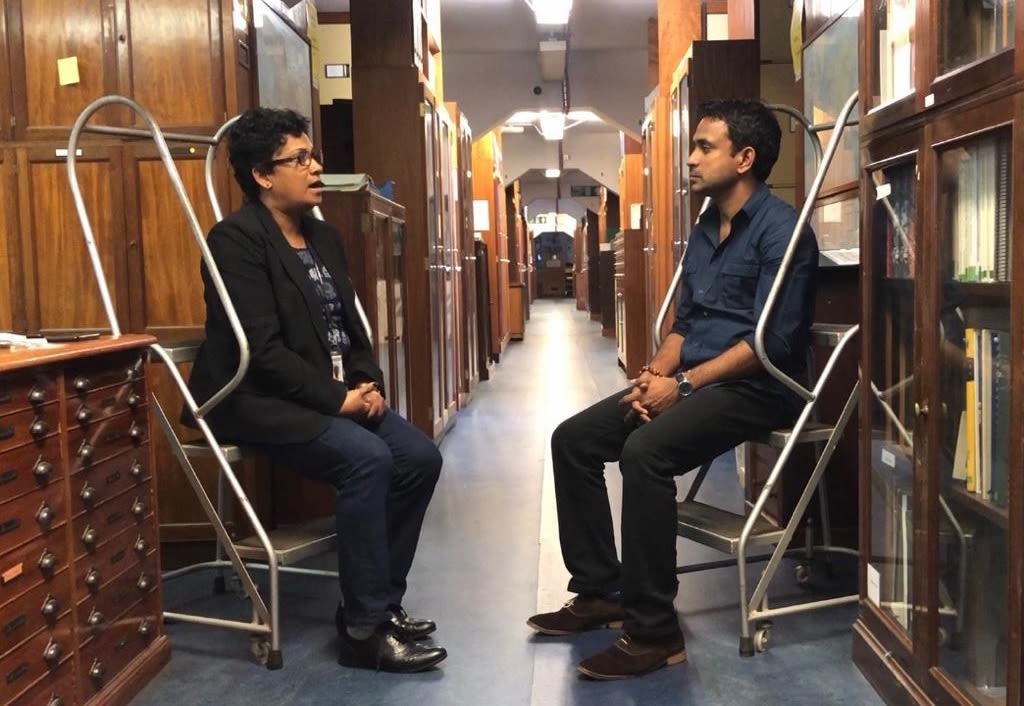
Dr Gothamie Weerakoon, Senior curator of the Lichen Division of the Department of life Sciences at the Natural History museum, London.
Dr Gothamie Weerakoon, Senior curator of the Lichen Division of the Department of life Sciences at the Natural History museum, London.
Today, Dr. Gothamie, who has triumphed after shattering the social, attitudinal and cultural
obstacles that she had faced, will continue to win her goals and render her unique contributions
to the betterment of the world.
So, if Dr. Gothamie, who had been born, educated in Sri Lanka, had come to Britain, worked on
behalf of world heritages, reached a high position in society and as a scientist works for the
betterment of the world, is taken as an example.
Sri Lankan women,
Yes, You Can!


